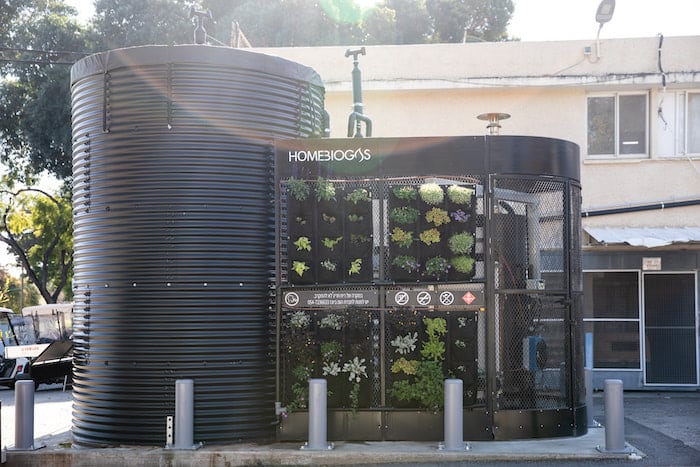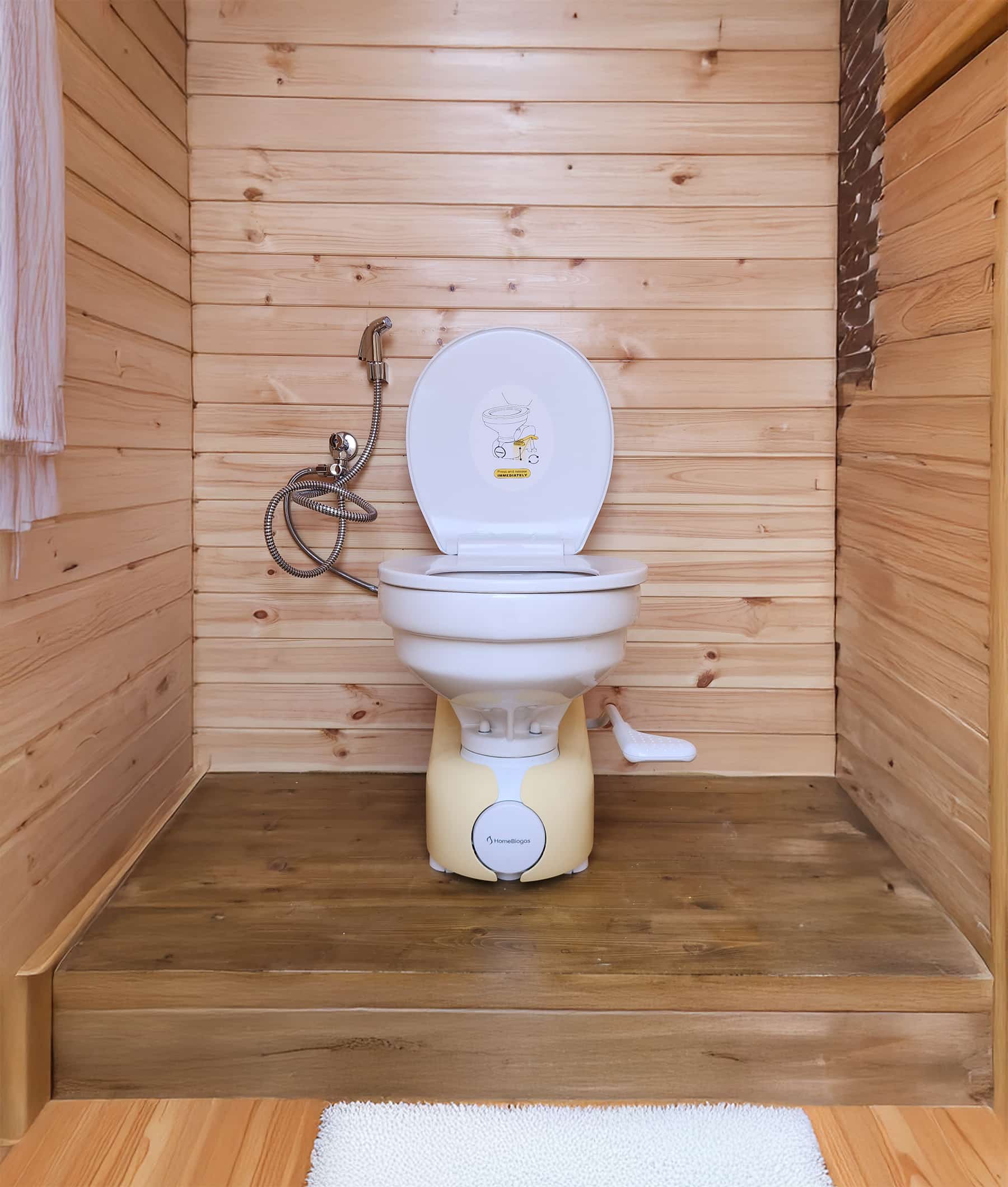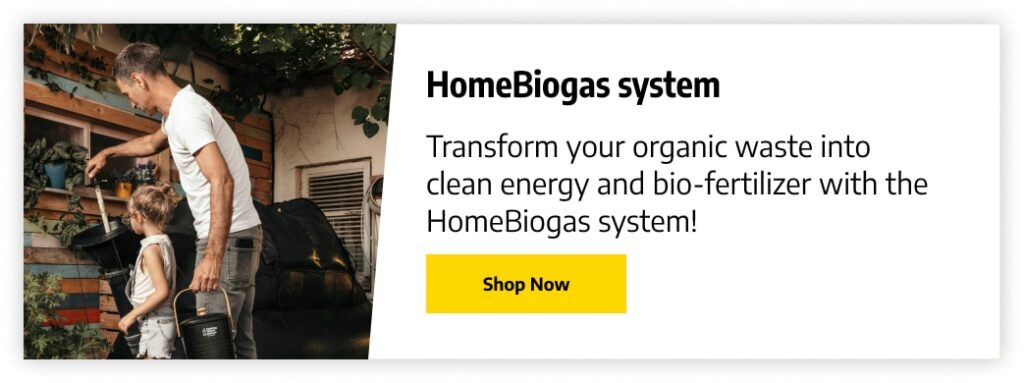
What Does Hotel Waste Management Entail?
Hotel waste management refers to all the practices and processes that hotels implement to handle and dispose of the multiple types of waste generated on their premises.
Worldwide, hotels produce almost 300,000 tonnes of waste each year. Effectively managing these waste streams is a substantial challenge, requiring sophisticated management to ensure compliance and minimal disruption to hotel operations.

An effective hotel waste management plan includes the following key components:
- Waste separation at the source with bins for different types of waste, such as recyclables (paper, plastic, glass), organic (food scraps), and non-recyclables
- Recycling programs for materials like paper, cardboard, plastic bottles, aluminum cans, and glass
- Composting organic waste to reduce the amount of materials that end up in landfills
- Hazardous waste management for cleaning chemicals, fluorescent bulbs, and batteries
- Waste reduction strategies, like using bulk dispensers for toiletries or encouraging guests to reuse towels and linens
- Regular waste audits to identify areas for more efficient practices and cost savings
- Employee training programs to raise awareness about waste reduction and recycling
- Donation programs for managing unused or surplus food, linens, and toiletries
- Sustainable purchasing for an overall lower environmental impact
- Waste-to-energy technologies as a way to convert non-recyclable waste into energy — when possible
- Tracking waste generation, recycling rates, and landfill diversion rates to measure sustainability efforts
- Compliance with local, state, and federal waste management regulations
Proper waste management in the hospitality industry aims to reduce waste for a lower overall environmental footprint. And the efforts pay off. Managing waste sustainably can also improve a hotel’s reputation and appeal to environmentally conscious guests. Plus, it leads to cost savings through reduced disposal fees and more efficient resource use.
Types of Waste in Hotel Industry
- Organic: food scraps, vegetable peels, and other biodegradable materials from restaurant operations and food services
- Paper and cardboard: packaging, documents from guest check-in/check-out processes, and printed materials such as brochures and menus
- Single-use plastics: water bottles, toiletry containers, and packaging materials
- Glass: bottles from beverages, minibars, and room service
- Metal: aluminum cans and other metal packaging material
- Hazardous: cleaning products, light bulbs, including fluorescent and LED bulbs, and batteries
- Electronic: old computers, TVs, and phones
- Textile: used bed linens, towels, and other fabric-based items
- Construction and renovation: construction debris, concrete, drywall, and wood waste
- Bulky: furniture, mattresses, and appliances
- Miscellaneous: lost and found items and general waste from guest rooms and common areas
Current Challenges in Hotel Waste Management
The hospitality industry faces pressure to balance eco-conscious decisions with keeping costs low and maintaining a seamless guest experience. Achieving this goal involves a wide range of measures, from introducing refillable dispensers to reduce packaging to implementing better management of single-use plastics and reducing food waste.
These may seem easy, but nothing is simple in this industry because everything needs to happen at scale. For example, a 200-room hotel uses about 300,000 pieces of single-use plastic monthly. It’s not just about finding sustainable methods to dispose of single-use plastic waste but about reducing or eliminating this issue in the first place.

The same is true for hotel food waste management — restaurants and hotels are responsible for 40% of the food waste in the US. Controlling this area requires infrastructure and workflow changes as part of a cohesive hotel waste management plan to ensure a significant environmental impact. And the effectiveness of such policies depends on hotel guests’ active support and participation. They play a pivotal role in recycling and reducing hotel waste volume.
Another crucial factor to consider is that hotels often require substantial investments in upgrading their infrastructure because of the many types of waste in the hotel industry. Accommodating recycling facilities and composting systems can be financially burdensome and logistically complex. Moreover, hotels must ensure that all these changes comply with a labyrinth of regulations.
Additionally, hospitality establishments rely on a supply chain for various products, such as toiletries and cleaning supplies. Ensuring suppliers use environmentally friendly packaging and materials can also be challenging.
Benefits and Impact of Effective Hotel Waste Management
- It reduces the volume of waste sent to landfills, decreasing the environmental burden of landfilling.
- Reducing organic waste through composting can help lower greenhouse gas emissions.
- Effective waste management in hotels and restaurants can lead to operational efficiencies and cost reductions in waste handling and transportation.
- Engaging guests in waste reduction efforts can create a sense of involvement and responsibility, enhancing their overall experience.
- Proper waste management ensures compliance, reducing the risk of fines and legal issues.
- Some waste materials, such as linens or furniture, can be repurposed or donated, extending their useful life and reducing the need for new purchases.
- Embracing new technologies and innovations can lead to increased efficiency and better tracking of waste streams.
- Effective waste management plays a role in preserving natural resources for future generations, contributing to the industry’s long-term sustainability.
Hotels Waste Management — Best Practices
To enhance their waste management efforts, reduce their environmental footprint, and demonstrate a commitment to sustainability, hotels must:
- Provide labeled bins for recyclables, organics, and non-recyclables in guest rooms, public areas, and back-of-house areas. All containers should be easily accessible to guests and staff.
- Encourage guests to participate in recycling programs.
- Partner with local facilities or waste management companies to properly process recyclables.
- Implement composting programs for organic waste, including food scraps, coffee grounds, and yard waste. The resulting compost can be used for landscaping or donated to local farms or community gardens.
- Introduce portion control, menu planning, and inventory management practices. Surplus food can go to local charities or shelters.
- Provide refillable toiletry dispensers, reusable water bottles, and alternatives to plastic straws and utensils.
- Conduct regular waste audits to assess waste generation, identify opportunities for improvement, and track progress toward waste reduction goals.
- Choose suppliers and products that prioritize sustainability.
- Train staff on waste management protocols.
- Explore waste-to-energy technologies to convert non-recyclable waste into energy.
- Extend best practices to events hosted in the hotel, offering sustainable event planning options to clients.
Innovative Solutions for Sustainable Hotel Waste Management
AI Solutions for Reducing Waste in Hotel Kitchens
AI-powered solutions can track and meticulously analyze patterns in hotel kitchens. With a food waste audit, they can identify primary sources of waste and provide data to empower hotels to adapt strategies accordingly. The result is reduced food waste, lower costs, and a meaningful contribution to environmental sustainability.
A Shift to Sustainable Materials
Compostable packaging materials and paper products have become a popular alternative to traditional plastics. Many hotels also experiment with sustainable building materials and 3D printing technology to create custom, reusable amenities and décor items.
Waste-to-Energy Conversion and Green Economy
Hotels can now convert non-recyclable waste materials into energy on-premises using waste-to-energy incineration or anaerobic digestion technology. The generated energy can power the hotel’s facilities, reducing its reliance on fossil fuels and lowering energy costs.
Future Trends and Outlook
Effective waste management in hotels and restaurants starts with minimizing waste generation. However, sometimes waste is inevitable, so the hospitality industry needs to find ways to transform it from a burden into a valuable resource.
This paradigm shift towards waste-to-energy technology can drive the hotel industry’s sustainability efforts. This way, hotels mitigate the environmental impact of waste disposal and contribute to their own energy needs.
Another standout trend is the integration of intelligent systems leveraging AI. Smart sensors, for example, can detect when trash cans are nearing capacity and promptly alert the right team. This cutting-edge approach can improve operational efficiency and lead to substantial cost reductions, with hotels reporting up to 30% decrease in waste management expenses.
Furthermore, as environmental sustainability continues to gain momentum, guests will play a more active role in waste management in hotels and restaurants. Hospitability organizations must continue to educate their guests on sustainable practices. In doing so, they will meet guest expectations and contribute to a broader cultural shift toward more responsible travel.
Meet HomeBiogas Waste-to-Energy Solutions
HomeBiogas technology converts everyday organic waste into green energy. This approach to waste management in the hotel industry aligns with the principles of a zero-waste commitment and complies with evolving regulations for organic waste treatment.

The HomeBiogas Commercial System leverages the science of anaerobic digestion to efficiently convert kitchen waste into biogas. This generated gas is then seamlessly converted into hot water, which can be redirected for everyday use within the establishment. The versatility of this system makes it an ideal fit for a wide range of settings, including commercial-sized kitchens, restaurants, hotels, and other hospitality venues.
The solution has more than just environmental benefits. The system’s user-friendly design seamlessly integrates into existing kitchen infrastructure and offers substantial financial benefits, including reduced expenses on energy, waste management, water heating, and soil conditioner. With safety measures meeting the highest standards, HomeBiogas provides a sustainable, safe, and efficient solution to transform trash into a valuable resource.
Final Thoughts
The future of waste management in hotels and restaurants is innovation, responsibility, and transformation. An effective hotel waste management plan is not just about meeting regulatory compliance or cost reduction anymore; it’s about embracing a profound shift in mindset.
Waste can become an opportunity to reduce, reuse, recycle, and even create renewable energy to reduce a hotel’s environmental impact.







